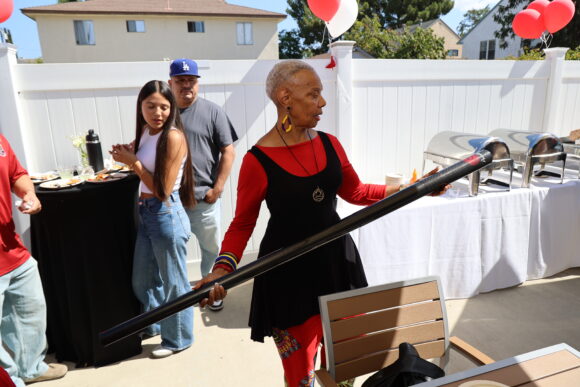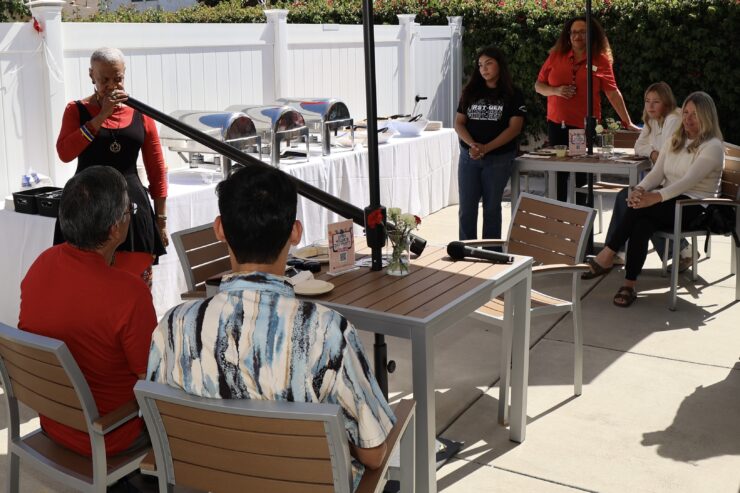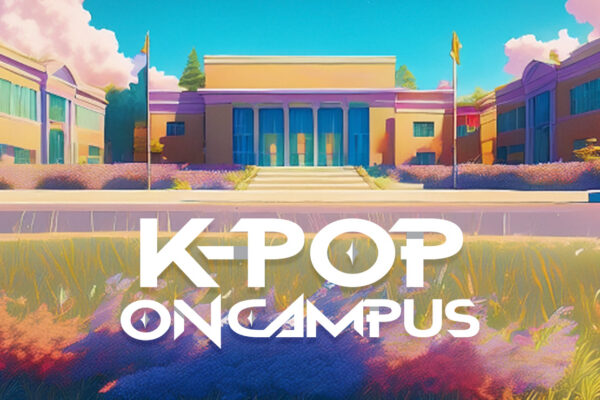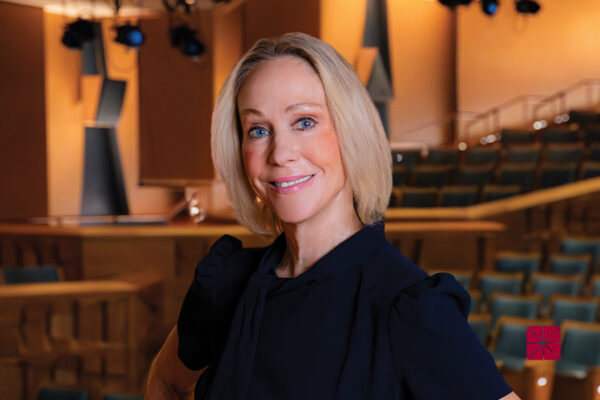Chapman University has always been more than an academic institution; it has been a space where discovery, confidence, and purpose intersect. For Emma Salahuddin, affectionately known as Ms. Emma, that spirit of exploration began long before she received her Chapman acceptance letter in the 1960s. It began with the encouragement of her mother in their Georgia home, a woman who believed that education was the key to opening doors. “My mother was amazing,” she said. “She was one of those inspirational women. They were the silent sheroes.”

That spirit of courage and curiosity carried Ms. Emma through the segregated South, where she became one of the first Black students to join Georgia’s Governor’s Honors Program. There, amid protest and division, she witnessed a formative moment that would shape her life as an educator. A rising state senator and future U.S. president, Jimmy Carter, spoke to the students about moral clarity. As Ms. Emma remembered it, “That man talked about tolerance, caring about people, and difference.”
That message of dignity, honesty, and courage became a guiding force as she stepped into leadership at Chapman. There, she found not only education but her voice. Amid the civil rights tensions of the late 1960s, Ms. Emma and her peers founded the university’s first Black Student Union. “They had to give us an ear,” she said. For Ms. Emma, Chapman represented what learning should be: an act of courage, connection, and change.
Years later, those same values resurfaced in an unexpected way through a deep wooden instrument from the other side of the world. “My son fell in love with the didgeridoo,” she said. “He told me, ‘Mom, I’m going to get you a didgeridoo for your birthday.’” For ten years, it hung on her wall as art until one day, a friend encouraged her to try playing it. “He pulled that thing down and played it, and I said, ‘Ooh, I wish I could play a didgeridoo like that.’ He said, ‘You can.’ It sounded like my mama.”
Soon, Ms. Emma began learning the circular breathing technique needed to play the instrument. The discipline, patience, and joy she had honed through her Chapman education helped her master what few women in the world have achieved. Playing the didgeridoo became more than a new skill; it became a calling. Today, she travels the world sharing her music and her story, inspiring audiences both young and old.
For Ms. Emma, both Chapman and the didgeridoo represent the same truth: education, in all its forms, opens worlds. “Sometimes it’s so simple we make it extremely hard,” she said. “We just can’t believe it’s that simple.” Her journey reminds us that when doors of discovery open, whether in a classroom or through a wooden horn, the most powerful lesson is the courage to step through.




